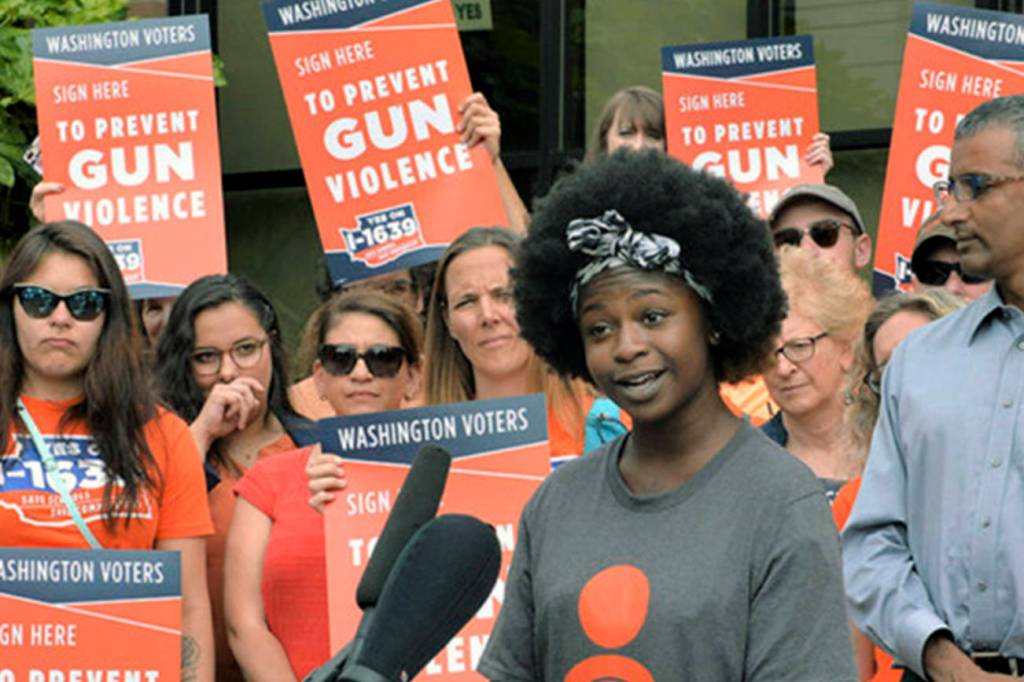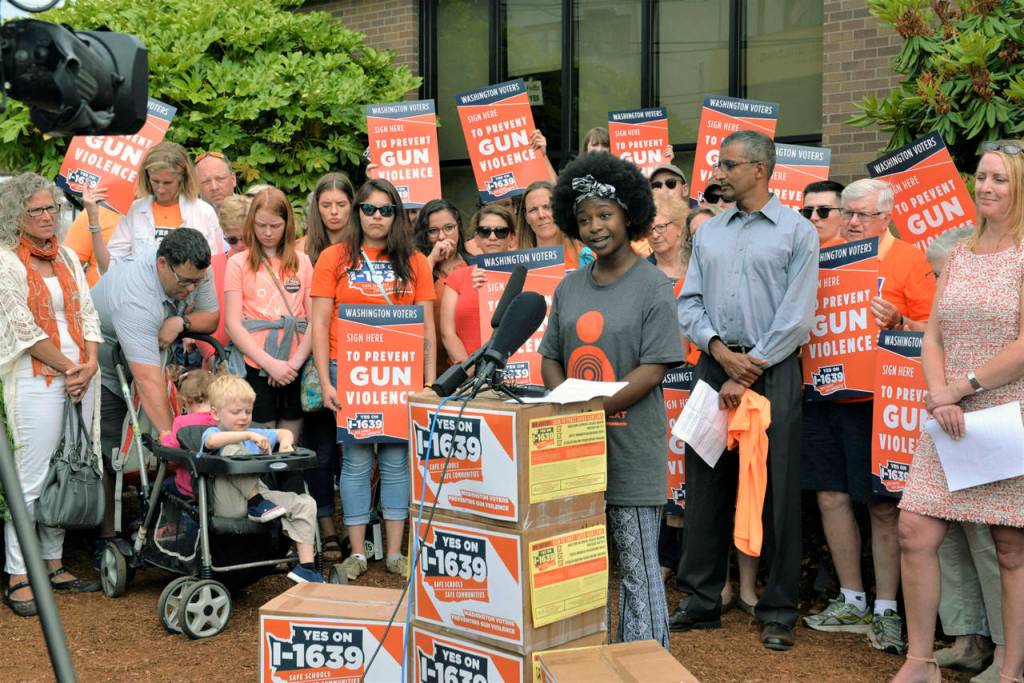Editorial: Lawmakers testing public’s patience on gun laws
Published 1:30 am Sunday, March 28, 2021


By The Herald Editorial Board
As disturbing in recent days as two mass shootings that occurred less than a week apart — claiming the lives of 18 people in two U.S. cities — is the realization that the toll of deaths from guns last year largely escaped our view while we were focused on a pandemic, a presidential campaign and the protests that followed the slayings of Black Americans by police.
It’s not that mass shootings — those involving the deaths of four or more people — were nonexistent last year. In all, 611 people died in mass shootings in 2020, according to the Gun Violence Archive, but that figure is dwarfed by the 19,378 who died in violent shootings — its highest mark since 2017 — and a figure that does not include the 24,156 who died in suicides by firearm.
Nor did the shift of public education from classrooms to screens during covid restrictions offer children a reprieve from the nightmare of school shootings; among the more than 19,000 dead were 299 children from birth to 11 years of age and 1,073 youths between 12 and 17.
Yet, we don’t seem to notice until death arrives in multiples of four or more.
“More than 100 Americans are killed daily by gun violence,” Ronnie Dunn, a professor of urban studies at Cleveland State University, told The Washington Post last week, including suicides in that toll. “The majority are in Black and Brown communities. We don’t really focus on gun violence until we have these mass shootings, but it’s an ongoing, chronic problem that affects a significant portion of our society.”
The other surge last year was in sales of firearms. An analysis of federal background check data by The Washington Post shows sales of 23 million firearms last year, a 64 percent increase over 2019 sales. In total, Americans own more than 393 million firearms; that’s 120 guns for every 100 U.S. residents. That ownership is further concentrated when considering that only 42 percent of U.S. adults report living in a household where guns are present, according to a 2017 survey by the Pew Research Center; 57 percent live in households without firearms.
The common occurrence following mass shootings are demands for lawmakers to adopt laws that provide a range of stricter controls: limiting who can possess a firearm, barring sales of the most destructive weapons, better training and firearms education standards, enhanced scrutiny and background checks prior to sales.
In recent years, however, little legislation has become law either at the state or federal level, and cities and other local jurisdictions have been prevented from adopting their own restrictions, as the city of Edmonds experienced last month when a state appeals court ruled that Edmonds’ ordinance requiring the safe storage of firearms was preempted by state law.
Even as opinion polls find general support for firearm legislation — Pew reported in a 2019 survey that 60 percent of Americans support stricter gun laws — Congress has failed to pass significant gun-control legislation, particularly since passage of an assault weapons ban in 1994 that was allowed to expire 10 years later.
State legislatures have been more likely to consider legislation. Research at the University of California, Los Angeles identified 20,000 firearm bills between 1990 and 2014, with 3,200 becoming enacted laws. Yet, depending on which party controlled the legislature, the bills typically loosened regulations when Republicans had majority control.
Yet, even Democratic control of a state Legislature provides no guarantee of action, as recent sessions of the Washington state Legislature have shown with both chambers with Democratic majorities; and no filibuster to blame for inaction.
This year’s session, with less than a month before it concludes on April 25, has seen two bills, requested by state Attorney General Bob Ferguson, largely neglected. Legislation to bar the sale of semiautomatic “assault weapons,” died in committee in both chambers; and the second — seeking to ban the sale and possession of large capacity ammunition magazines — managed a hearing before the Senate Law and Justice Committee but got no further.
A third bill, Senate Bill 5038, which would prohibit the open carry of firearms and other weapons at public demonstrations and on the state Capitol grounds and in its buildings, was passed by the Senate, 28-20, but has not advanced past the House rules committee to a floor vote.
Washington’s citizen initiative process, on the other hand, has been more successful in affecting change. Initiative 1639, with approval from 59 percent of voters in 2018, raised the minimum age to purchase a gun to 21, added to the state’s background check standards, increased the waiting period to purchase a firearm and enacted requirements for the safe storage of firearms.
President Biden, during his news conference Thursday, raised concerns among some who support stricter gun control measures when he appeared to prioritize coming initiatives on infrastructure and climate ahead of pushing Congress on gun measures. Barring reform or elimination of the filibuster, however, Biden likely recognizes Congress’ — or at least the Senate’s — lethargy in addressing measures that could help limit the continuation of the death toll we witnessed last year.
The public may soon come to the same conclusion.
The majority of the public in this state and the nation who support greater controls on firearms — rather than waiting for legislative bodies to at last be shaken to action — may need to pursue new citizen initiatives; or new lawmakers.




